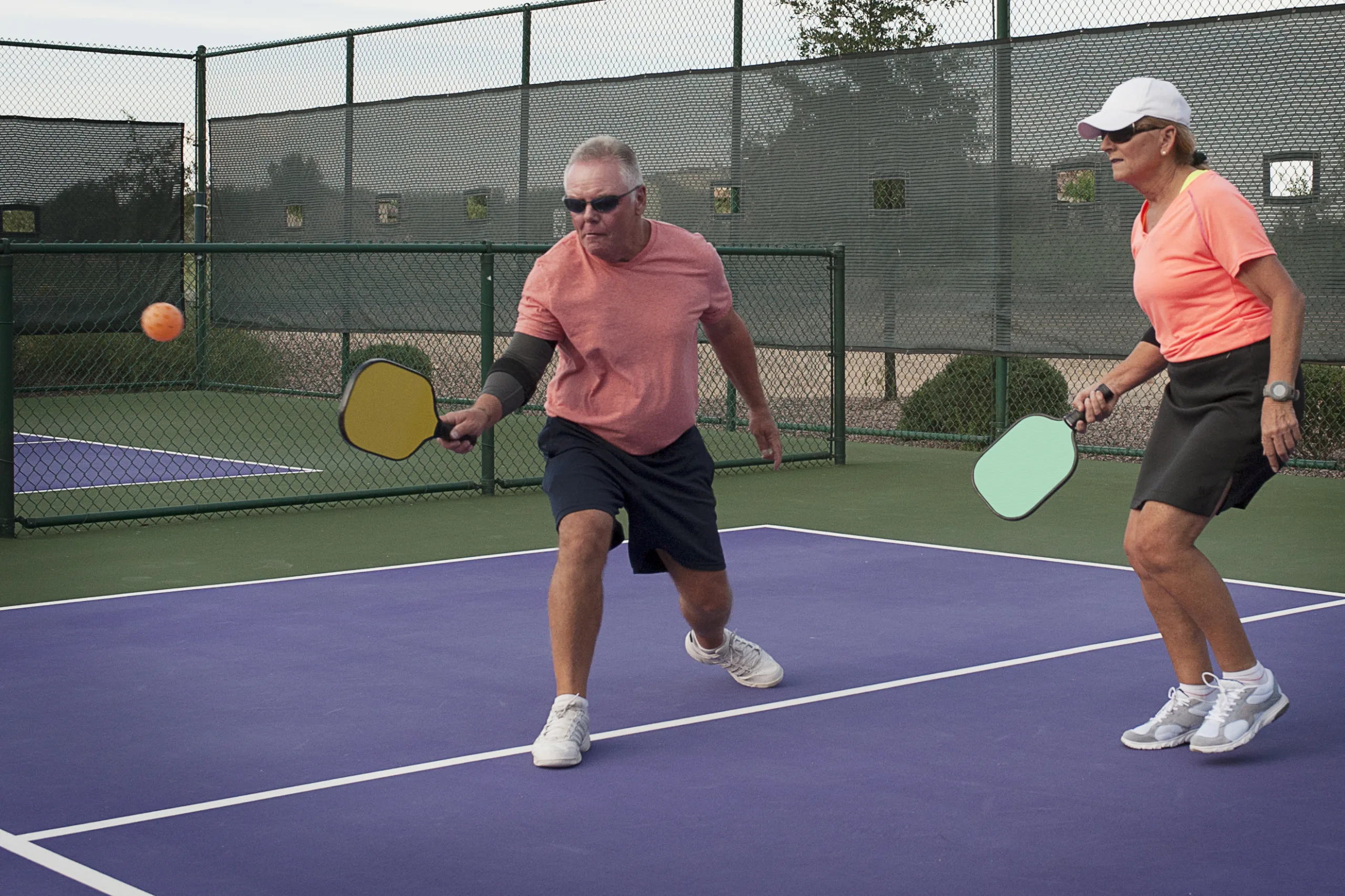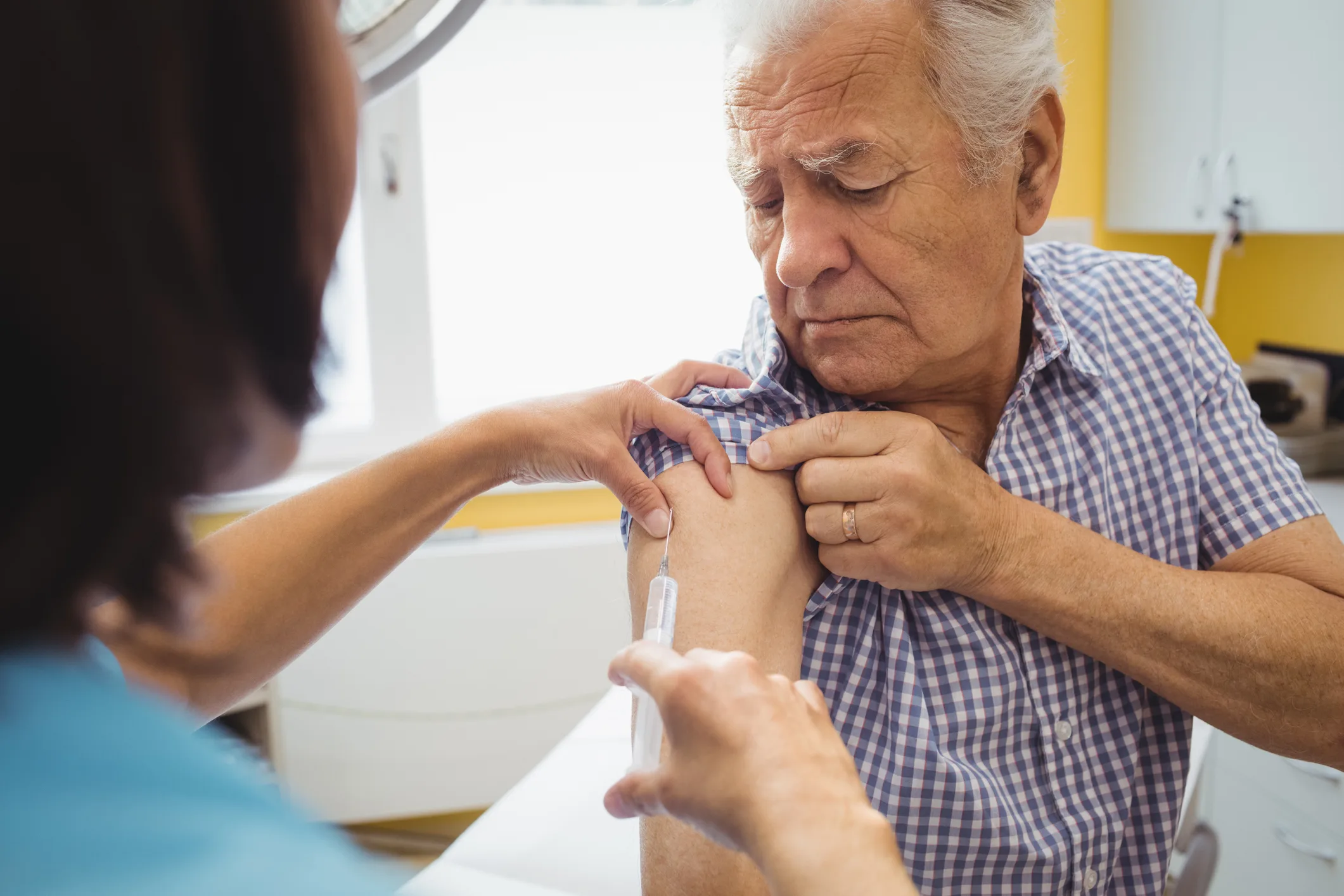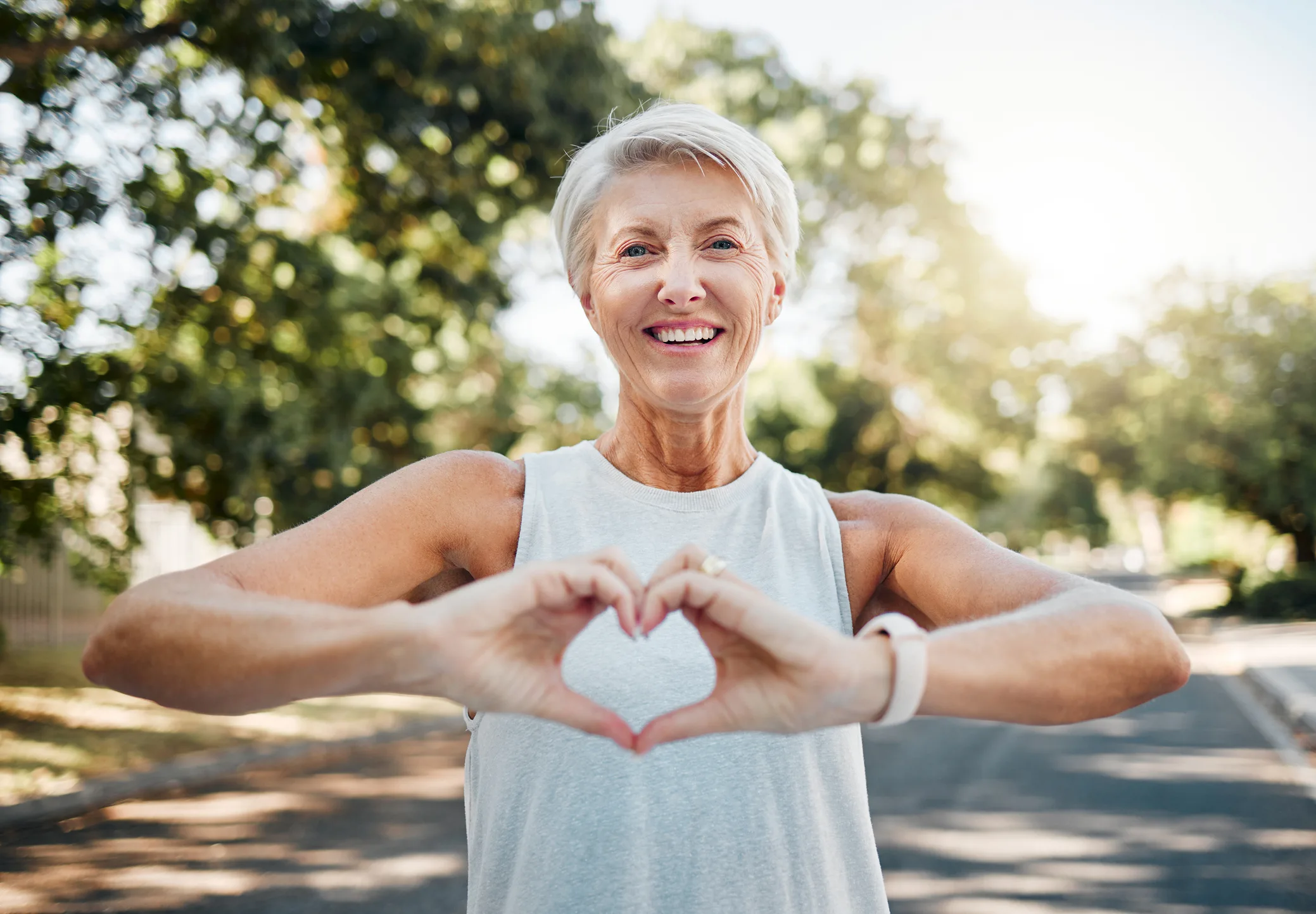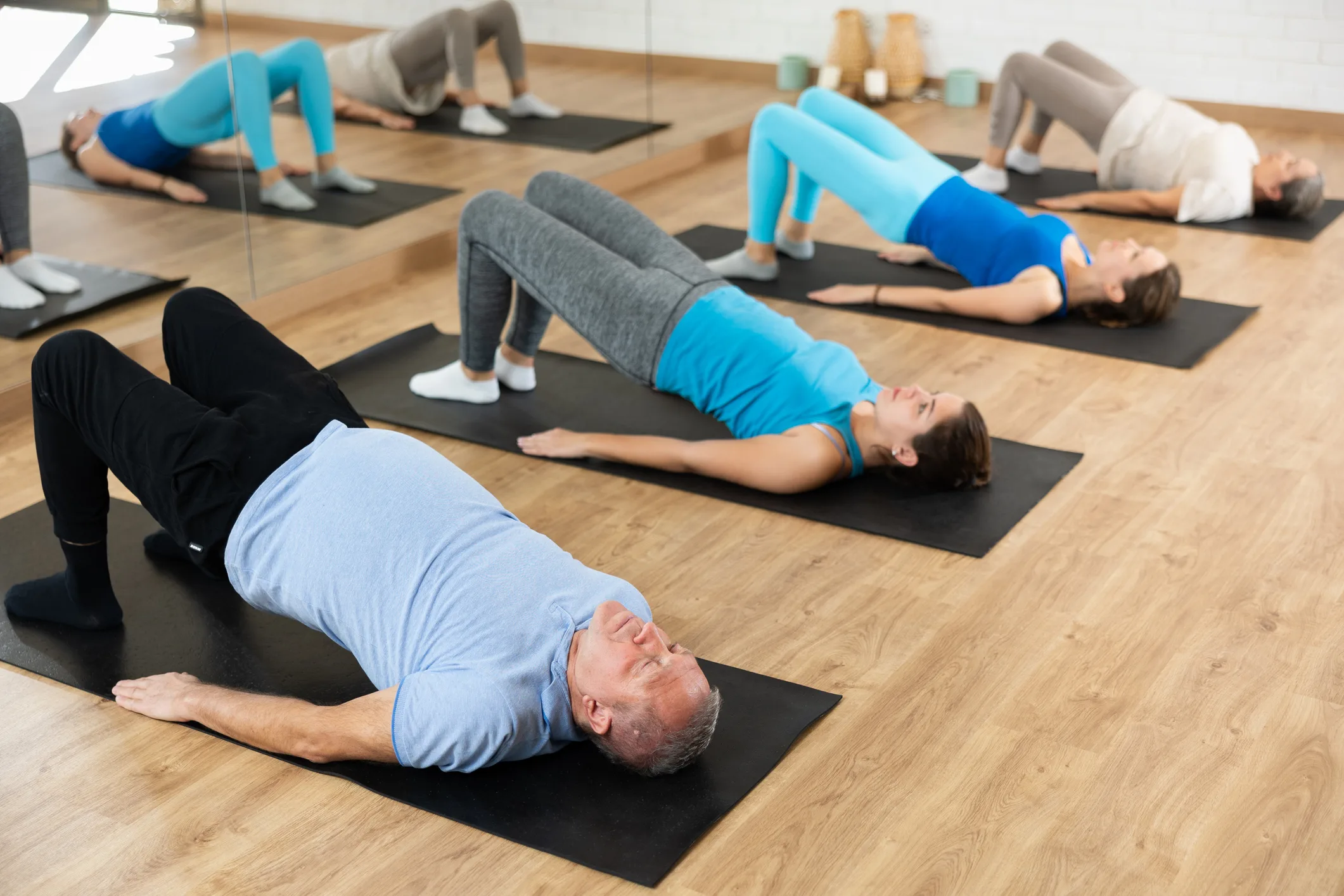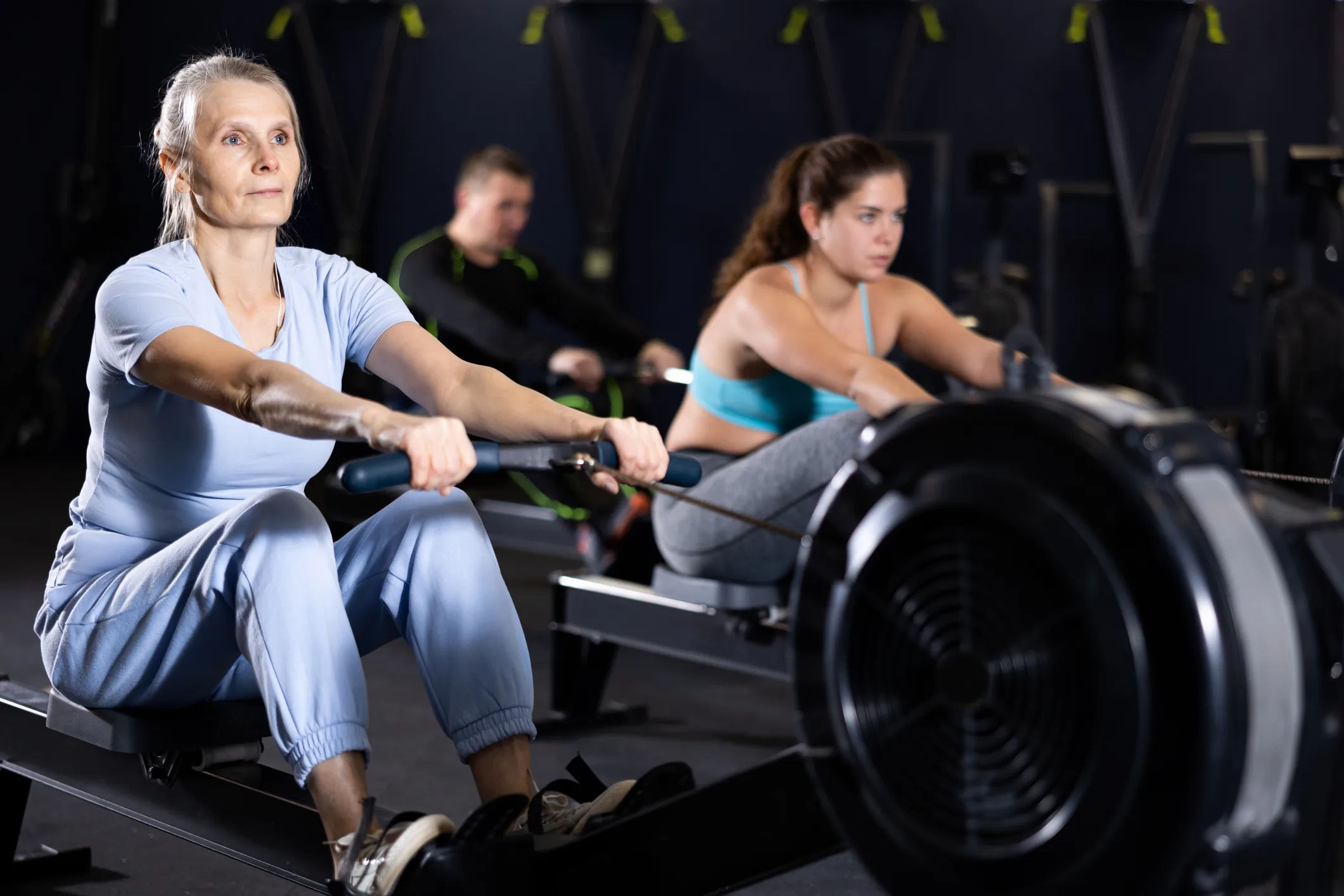As we head into the new year, now is a perfect time to make some changes. Unfortunately, many of us have fallen victim to adhering to the latest diet craze to reduce weight. But here are some reasons to prefer weightlifting over extreme diets.
Longer Lasting Results
Unlike dieting, weightlifting offers more sustainable results. This doesn’t mean you will lose weight, although most people do, at least initially, but over time you will look and feel better even if you weigh more.
Come Again?
This may seem contradictory, after all weightlifting causes you to gain muscle, no? Yes, it does. And while a pound of muscle weighs the same as a pound of fat, muscle is denser. It therefore takes up less space. So, someone with lots of muscle can weigh more than someone with a lot of extra fat, even though they look leaner.
Additionally, muscle burns more calories than fat. When at rest your “Resting Metabolic Rate” (RMR) or “Basal Metabolic Rate” (BMR) increases due to additional muscle. This is a tremendous contributor to both your ability to lose weight and your ability to keep the weight off.
Psychological and Mental Health Benefits
Weightlifting causes you to feel more confident. The sense of achievement that comes from lifting heavier weights and mastering new exercises fosters a positive self-image. Additionally, the endorphins released during weight lifting allow you to temporarily forget about the stresses of life which can significantly enhance your mood.
Less Stringent Nutritional Requirements
The key to a strong and lean looking physique is both physical exercise and proper nutrition. But we’ll let you in on a secret. Even if you change nothing in your diet, weight lifting will improve your physique. This is important, because it plays a cool trick on your mind.
When you start to see the immediate benefits of weightlifting you immediately think, “Wow, I look so much better and I’m still eating like crap. What would I look like if I actually took better care of how I ate?” That extra bit of incentive, knowing you succeeded in the first phase (gaining muscle) causes you to want to take the next step, eating healthier.
Will you some day be “ripped”? Maybe? But even it you aren’t, you will look light years better and, more importantly, will have set yourself on a journey of life-long exercise and longevity.
Source:
Over Harsh Diets: A Growing Trend in Fitness
The key to weight loss: increase your resting metabolic rate

